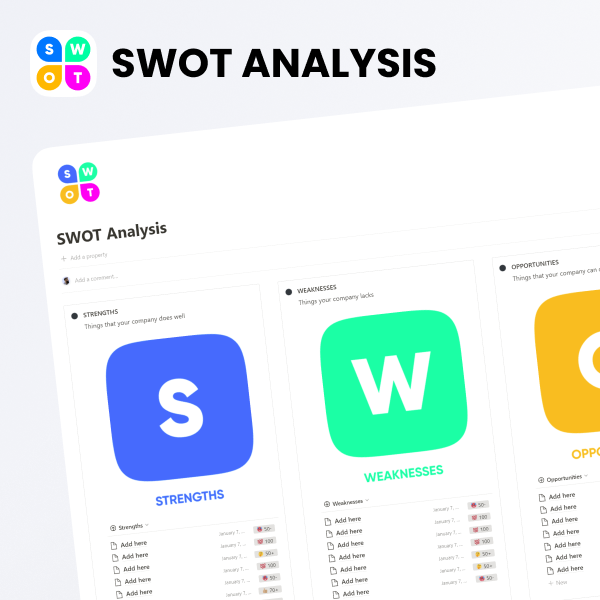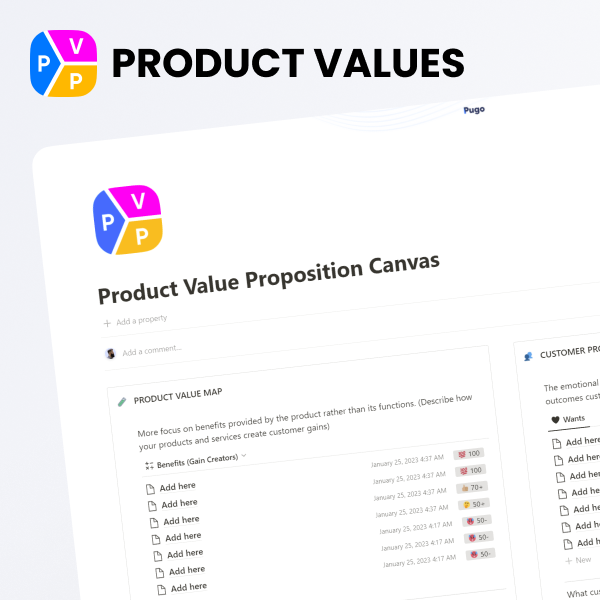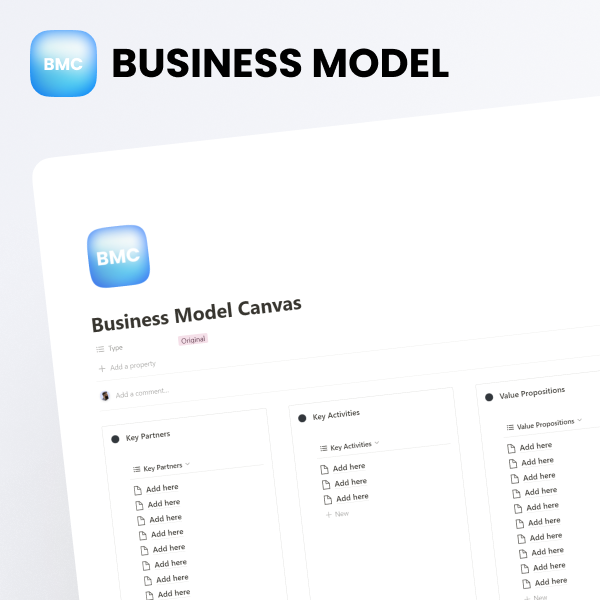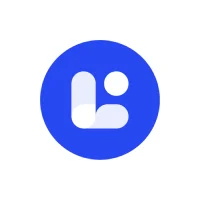Safeguarding Your Business: Why Relying on External Platforms Can Be Risky

Reliance on external platforms: In today’s digital era, countless individuals and businesses have built their fortunes and success on popular social media platforms. From YouTube channels to TikTok influencers, Twitter creators to Instagram models, and Medium writers to LinkedIn innovators, external companies have become launchpads for aspiring entrepreneurs. While some have successfully transitioned to their own platforms, others continue to thrive within these networks. However, there is a cautionary tale of Joe Speiser, an entrepreneur whose $100 million startup, Little Things, was crushed by a single feature change on Facebook. In this article, we explore his story and shed light on the dangers of building a business solely reliant on an external company.
Discover the cautionary tale of how Facebook’s algorithm change crushed a $100M startup. Learn why relying solely on external platforms can be risky for your business. Find out how to safeguard your success by taking control of your audience. Read more on the Pugo Studio blog.
The Rise of Little Things
Joe Speiser embarked on his entrepreneurial journey in 2014 when he founded Little Things, a feel-good entertainment company. Over the course of four years, the startup achieved tremendous success, with projected revenues of over $75 million in 2018 and a team of 110 dedicated employees. Little Things emerged as a fierce competitor to established news outlets like Buzzfeed, ABC, CNN, and Fox. Their webpage housed a variety of popular shows, including live sessions that featured original content produced by the company.
The Facebook Dependency
Despite their achievements, Little Things faced a significant challenge—they were entirely dependent on Facebook to grow their audience. All their content was published exclusively on their Facebook page, relying on organic discovery through users scrolling their feeds based on shared interests. However, this partnership seemed to work well for them initially, as even Facebook itself praised the company during a conference on “How to build a media company.”

The Algorithm Shift
In 2016, Facebook faced a major scandal surrounding the spread of fake news during the U.S. presidential elections, ultimately impacting public perception of the platform. Acknowledging their shortcomings, Mark Zuckerberg publicly admitted their failure and vowed to rectify the situation. This led to a significant change in Facebook’s algorithm in 2018, prioritizing “real news” and trustworthy content over other types of posts. While aimed at improving the platform’s reputation, this shift inadvertently affected meme pages, YouTubers, and entertainment-focused content, including Little Things.
The Devastating Consequences
Joe Speiser’s Twitter post revealed the devastating impact of Facebook’s algorithm change on Little Things. Overnight, the startup experienced a staggering 90% drop in organic Facebook traffic. Despite their attempts to engage with Facebook to regain relevance, they were met with the suggestion to pay for ads. With the company on the brink of closing a $100 million deal with a media conglomerate, Joe made the difficult decision to sell the startup.
Learning from Little Things
This cautionary tale highlights the critical lesson for business owners and content creators. While social media platforms are often seen as essential marketing tools, it is unwise to rely solely on external companies for the success of your business. Instagram, YouTube, and TikTok’s current dominance may make it seem unlikely for them to fade into obscurity, but a single feature change can have a devastating impact. To safeguard your business, it is crucial to take control of your audience and diversify your reach.
Strategies for Business Resilience
Several successful businesses serve as examples of how to maintain control over your audience and adapt to changing platforms. E-commerce brands like Fashion Nova and Gymshark, initially relying on Instagram influencers, have leveraged email newsletters as a powerful tool, reducing their dependence on the platform. YouTubers have ventured into Patreon, creating their websites and authoring books as ways to maintain control outside the video-sharing platform. TikTokers with substantial followings actively promote their Instagram and YouTube channels, ensuring their audience remains connected.
Key Takeaways
The lesson is clear: businesses should not rely solely on one external platform for sustained success. Instead, consider implementing these strategies:
- Avoid dependence on a single platform for your entire business.
- Develop ways to bring your audience to your platform (e-books, newsletters, Patreon subscriptions, etc.).
- Be adaptable and prepared for sudden platform changes.
- Retain control over your growth by owning and nurturing your audience.
Conclusion: Reliance on external platforms
The cautionary tale of Little Things and Joe Speiser’s unfortunate experience underscores the importance of not placing all your eggs in one basket. External platforms can evolve or decline unexpectedly, potentially jeopardizing your business. By diversifying your marketing and building a solid foundation beyond these platforms, you ensure your business remains resilient, adaptable, and capable of thriving even in the absence of social media.
What do you think about this story of Reliance on external platforms?
Unlocking Success: “The Digital Product Playbook” – Your Guide to Creating and Selling Digital Products
Ah, dear solopreneurs, we have a special treat for you! While we navigate the treacherous waters of self-promotion, it would be remiss not to mention an invaluable resource that could transform your one-person business into a digital product empire. Introducing “The Digital Product Playbook” by Mr. Pugo. This gem of a book contains secrets, strategies, and a pinch of wit to help you navigate the world of digital product creation and sales. So, if you’re ready to take your business to the next level and turn your expertise into lucrative digital products, grab a copy of “The Digital Product Playbook” today! Warning: Side effects may include uncontrollable laughter and unprecedented success.
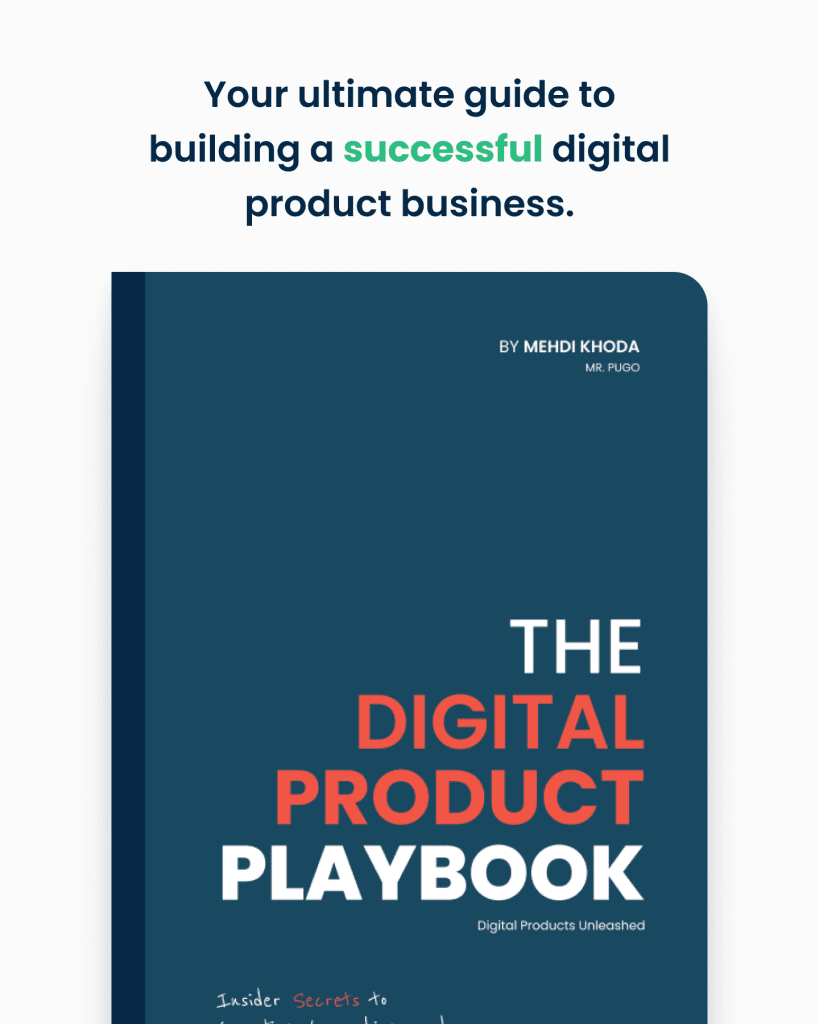
Unlock Your Business Potential with Essential Tools: SWOT Analysis, Product Value Proposition Canvas, and Business Model Canvas
Are you ready to take your business to new heights? Don’t miss out on the incredible power of these essential tools: the SWOT Analysis, Product Value Proposition Canvas, and Business Model Canvas. These tools are designed to help you gain valuable insights, refine your strategies, and make informed decisions for sustainable success. Don’t wait any longer! Explore the limitless possibilities and elevate your business game by checking out these indispensable tools today. Your future self will thank you!
